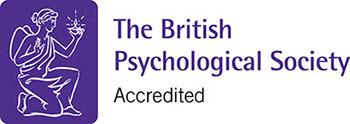Course information
Department
Length
1 year full-time, or 2 years part-time
Course overview
This MSc provides the academic training required for a career as a forensic psychologist.
Are you interested in training to become a forensic psychologist. Are you already working in the criminal justice or forensic mental health systems and keen to learn more about the theory and practice behind forensic psychology
- The programme will introduce you to a range of psychological theories, methods and processes within the context of the legal, criminal and civil justice systems.
- Based at a research-led London university with strong links to forensic services, you’ll be taught by world-class researchers, and experienced practitioners from the NHS, and the prison and probation service.
- Led by chartered forensic clinical psychologist Dr Caoimhe McAnena and chartered psychologist Dr Adrian Scott, the MSc includes contributions from world-class researchers and practitioners who will teach on the programme and supervise research projects.
- We have been awarded full British Psychological Society (BPS) accreditation, which will give you the opportunity to gain Graduate and/or Chartered Membership of the Society.
Work Experience Opportunities
One of the major strengths of this course is our strong links with local forensic/mental health services. All successful applicants will be provided with details of available work experience opportunities at the beginning of the academic term.
Contact the department
If you have specific questions about the degree, contact Dr Adrian Scott.






